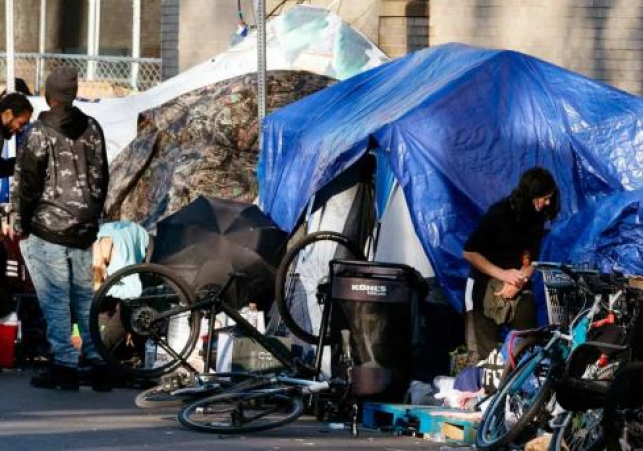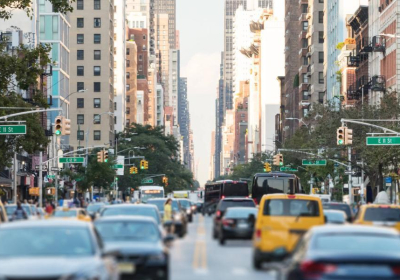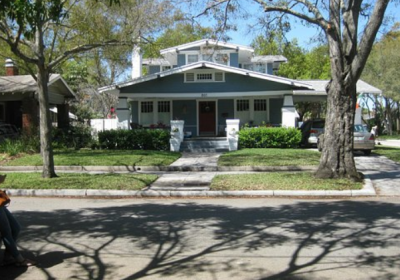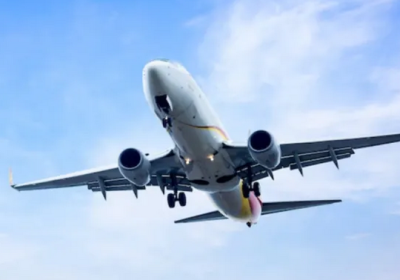The United States is experiencing an unprecedented increase in the number of homeless people.

Next Monday, judges will evaluate a challenge to the decisions of a California-based appeals court that ruled penalizing people for sleeping outdoors when shelters are full constitutes cruel and unusual punishment that violates the constitution. Representatives from the western part of the country and California, where approximately one-third of the country’s homeless population resides, argue that these decisions have hindered the implementation of “practical” measures to prevent the proliferation of homeless camps in parks and public streets.
Advocacy groups claim these decisions provide essential legal protections, especially in a context where the cost of housing is constantly rising, forcing more people to sleep on the streets. The case before the Supreme Court originates from Grants Pass, a small city in the southern Oregon mountains, where rent increases have left only one shelter for adults available. With the increase in tents in parks, the city banned camping and established fines of $295 for those who disobeyed.
The Ninth Circuit Federal Court of Appeals has largely blocked the camping ban, considering it unconstitutional to punish people for sleeping outdoors when adequate shelter is not available. Grants Pass appealed to the Supreme Court arguing that the ruling left them with few viable options. “This has made it so cities cannot adequately address the increase in camps, which are dangerous, unsanitary, and problematic for everyone, especially the homeless,” said lawyer Theane Evangelis, who represents Grants Pass.
This case arises at a time when the homeless population in the United States has increased by 12%, reaching its highest recorded level, due to rising rental prices and reduced assistance during the COVID-19 pandemic, according to federal data. Four out of ten homeless people sleep outdoors, according to a federal report. It is estimated that there are over 650,000 homeless people, the highest figure since the annual Point-in-Time count began in 2007. African Americans, LGBTQ+ individuals, and older adults are the most affected, according to advocates.
Two of the four states with the highest homeless population in the country, Washington and California, are in the west. Authorities in cities like Los Angeles and San Francisco indicate they do not want to penalize people for being forced to sleep outdoors but insist on the need to control the proliferation of camps.
Published by The Tampa Herald, a news and information agency.








